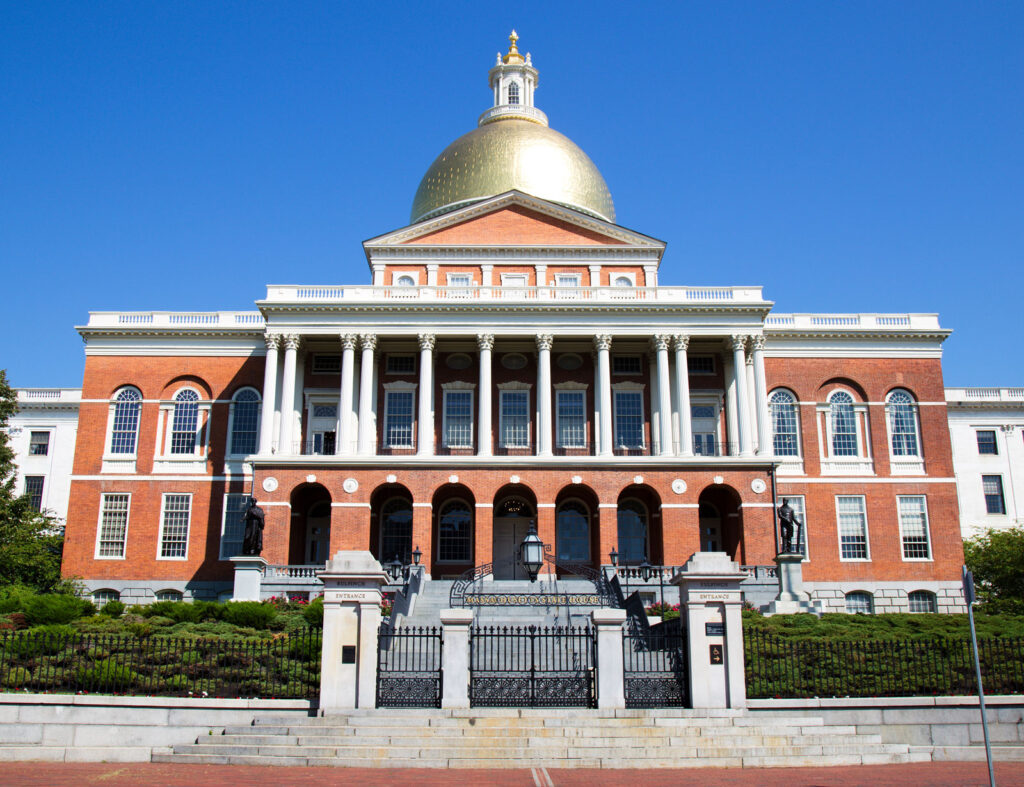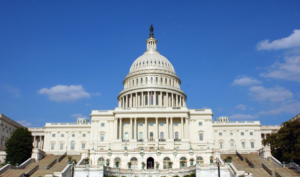Tax revenue generated from ballot initiative, raise in taxes could be used for other purposes

A new study claims that any funds raised through a ballot initiative and an increase in income taxes in Massachusetts would not be spent the way they are designed.
Pioneer Institute released the study, “Why the Legislature would likely use the proposed tax amendment as a blank check,” Thursday morning and said the Legislature is likely to spend any money raised off those taxes on general fund line items instead of transportation and education. The study said any cuts to those areas could be replaced with surtax money.
“If the initiative is adopted, legislators could circumvent its stated intent yet still be in compliance with it,” said Greg Sullivan, author of the study. “They can simply reduce spending on education and transportation from other revenue sources and replace it with surtax money.”
The ballot initiative would have voters deciding the fate of the Millionaire’s Tax, which would place a 4% tax on individuals and businesses earning more than $1 million per year. The tax would be placed on top of the state’s 5% income tax.
The Center for State Policy, which evaluated the millionaire’s tax proposal, said the state would raise $1.3 billion off the tax in 2023 and more than 70% of businesses would fall under the tax. The Department of Elementary and Secondary Education carries an annual budget of $5 billion.
Under the ballot initiative, any proposed surtax would fall on retirees and pass-through businesses that report income on individual tax returns, the study shows, including those who decide to sell an asset, home, or business.
Pioneer reports that in January, 55 taxpayers joined together to file a lawsuit, Christopher R. Anderson et al v. Maura Healey, who is the state’s Attorney General. The suit asks the Massachusetts Supreme Judicial Court to deem the ballot question as “unfair, misleading, and inaccurate because it doesn’t inform voters that legislators can simply use surtax revenue” in a way that would “replace cuts to revenues from other sources.”
According to Pioneer, the court ruled in 2018 that a proposed amendment nearly identical in nature to the one that will appear on ballots in November was ruled unconstitutional for violating the state Constitution’s ban on citizen-initiated ballot questions that combine unrelated subject matters.
Pioneer reports that a ban would not apply to the current ballot question due to it originating from the Legislature.
The study points to oral arguments in the 2018 case where the attorney for the Attorney General’s office said the “Legislature would retain ultimate discretion over spending choices” because “the proposed amendment does not require otherwise” and the “Legislature could choose to reducing funding” in certain budget areas “and replace it with the new surtax revenue.”
According to the study, legislators are “likely to use surtax revenues” that would fill gaps in cuts to education and transportation that “comes from the Legislature itself.” The study showed that in 2019 at the constitutional convention, language in the amendment that was proposed would have “insured that revenue generated by the proposal would add to, not substitute for, revenue already being spent in those areas.”
Pioneer reports the amendment was rejected by a 33-6 vote in the Senate and 123-34 in the House.
Lacking a commitment from the Legislature to decide revenue to education and transportation, Pioneer reports, it confirms the chances being likely to a “diversion of funds to other purposes with any tax revenue from the tax amendment.” The study points to the 1998 Tobacco Settlement when the state diverted funds for other purposes.
“The plaintiffs in Anderson v. Healey have good reason to demand a more accurate description of the graduated income tax amendment,” Pioneer Institute Executive Director Jim Stergios said in the release. “The attorney general and the secretary of state have a duty to provide Massachusetts voters with a clear and honest summary of what they will be voting on when they enter the ballot box come November.”
This article was originally posted on Tax revenue generated from ballot initiative, raise in taxes could be used for other purposes





